Should you ban the washroom in your home from your son? Has makeup become the first evening date of your daughter? Don’t fret over it anymore. Here are 5 pieces of advice to help your teenagers take care of their skin during this back-to-school time of the year.
Their skin problems may vary from light to more serious ones, and it is important to know that this condition can deteriorate if bad habits are allowed to set in. As for most of us, a good routine for teens is finding good products for their skin thus providing for its proper care. Aside from the importance of having good daily habits, making a regular appointment with an aesthetician is also an excellent reflex!
Here are the benefits of seeing the aesthetician:
- She can do an in-depth cleansing of their skin;
- She can take the opportunity to extract comedos (blackheads) and microcysts (whiteheads);
- Your teen’s skin will be more able to fight the arrival of future imperfections.
Because of hormones and puberty, approximately 80% of teenagers have acne problems, obviously in varying degrees. How to prevent these imperfections?
1- Thoroughly cleanse the skin twice a day and after all physical activities
The skin of adolescents is very reactive and can easily be irritated by highly aggressive hygiene habits. The skin reacts to stress by an increased production of sebum. We recommend therefore avoiding classical soap bars and alcohol-based lotions that royally strip the skin. For back and chest imperfections, the same face cleanser can be used. Even if your daughter is lying completely exhausted on the couch, help her make it a habit to remove her makeup every evening, followed by a face wash to regulate the sebum. Good habits that she will keep for the rest of her life! After each cleansing, all teenagers should apply a moisturizing, normalizing, mattifying or repairing cream; even at their age, it is critical.
2- Eat healthy
The appearance of pimples is promoted by the daily consumption of soft drinks and processed foods such as potato chips, frozen foods from the supermarket, etc. To reduce acne, water consumption must be prioritized by your teens as well as having the option of home-made dishes. In fact, by increasing the quantity of water consumption, they will be less likely to satisfy their cravings with junk food!
3- Be careful with makeup
Hiding acne pimples underneath a layer of makeup is a good idea, yet care must be taken not to choke the pimples under a thick coat of liquid foundation… Here is a trick for your teenagers who want to play hide-and-seek with their imperfections: a specifically designed green concealer stick for that purpose. Apply locally on the pimples and cover with a light non-comedogenic powder; this could become their “must”! Exercise caution with tanning and shimmer powders, they can increase comedos. In short, we recommend using more loose powders, which are more compact and matte, in order to unify their skin complexion.
4- Don’t handle
Pimples, comedos (blackheads) and microcysts (whiteheads) should not be touched, scratched, or pierced, otherwise there is a risk of propagating them. It is better to treat them locally with appropriate products, always handling them gently. What to know about acne scars:
- For small red scars, no need to panic, they will disappear in a few weeks;
- For deep scarring, they are permanent. But the good news is that aesthetic medicine is capable of blurring them using various techniques (microdermabrasion, IPL, laser).
5- Exfoliants, scrubs and masks
Once or twice a week after having cleansed the skin, skin care such as exfoliants, scrubs and masks are recommended. These help to get rid of impurities, eliminate blackheads and smooth the skin’s texture. Granulated or microbead exfoliants are to be proscribed for acne, because these can get stuck in the skin during healing and infect it afterwards. Enzymatic exfoliants should therefore be preferred. It is advised to use these types of care treatments sparingly so as to avoid damaging the skin.
Beyond these imperfections, acne can be a real psychological health issue
Acne is a skin disease which has important psychological and social effects in certain teenagers and young adults. Why? Because acne modifies the body image and is most prevalent on the face in a crucial time of their lives (high school, first love, prom, etc). This consequently interferes in their relationships with others. Parents: it is important to make a difference between a passing malaise associated to the normal developmental process of adolescence, and a situation of psychological distress.
With a back-to-school season already upon us, help them feel good about themselves and enhance their profile by taking the lead concerning their care routine. Maybe they are already in the process of enquiring on this subject?

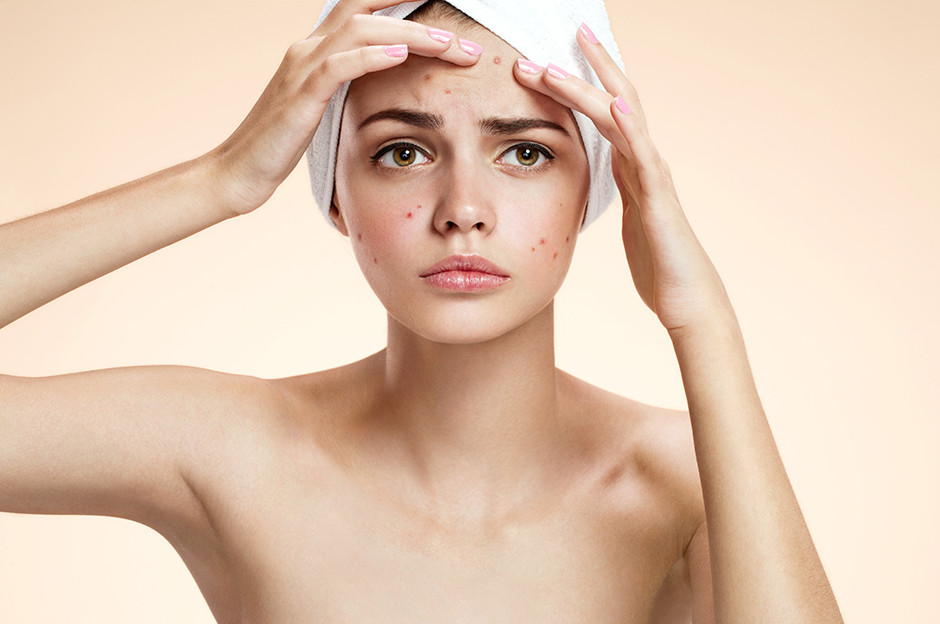
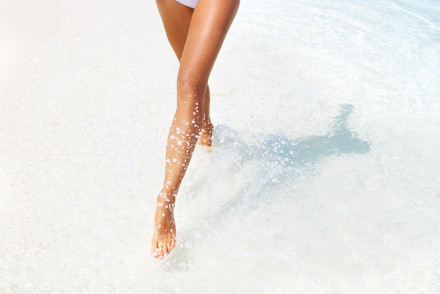
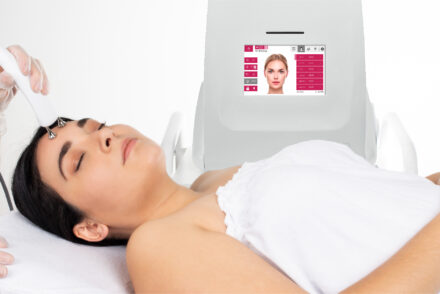

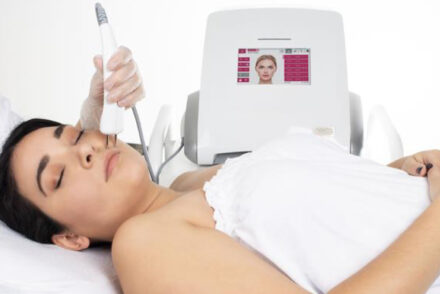
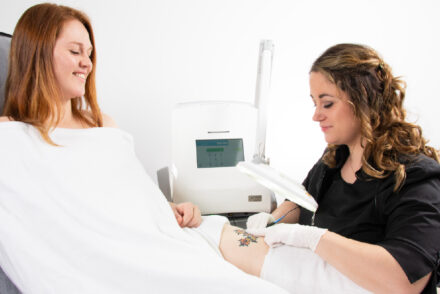
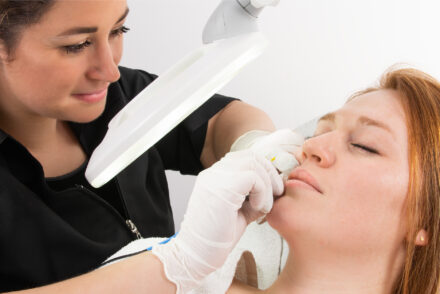
No Comments